Barack Obama has admitted in his 1995 book Dreams From My Father that he has had “Marxist professors,” so it’s worth asking: what did his professors believe?
Obama, in Dreams, writes that at Occidental he chose his “friends carefully. The politically active black students. The foreign students. The Chicanos. The Marxist professors.” (p. 100) Obama told the Los Angeles Times that Occidental was a “wonderful, small liberal arts college” with professors who were “diverse and inspiring.” “I ended up making lifelong friendships [at Occidental], and those two first years really helped me grow up.”
So where are the Marxist, inspiring professors? And where are the “lifelong friendships”? There was Alan Egan, who taught Obama foreign policy with Larry T. Caldwell. Egan was an Argentinian-born Marxist who attacked “Friedmanite” economic policy. (Anthony Russo, “Egan Gives a Native’s View of Argentine Politics,” The Occidental).
Caldwell taught antipathy to Reagan’s anti-Soviet policies, calling them “myopic” and warning that the policy of confronting the Soviet Union was “bankrupt, devoid, and bound to fail.” In his view, America should just reconcile itself to the fact that the Soviet Union was a “global superpower” and cut a deal. “The facts are there, once Americans realize they are a global superpower, there will be an increase in the number of agreements,” Caldwell said. (Anne Ball, “Caldwell charts decline of American-Soviet relations,” The Occidental, May 1, 1981). Perhaps Caldwell’s position came from his anti-Americanism, which was cultivated after the death of JFK, RFK and King:
“We [children of the sixties] felt the JFK assassination … [sic] blew the changes for our generation to take hold of the world and change things. I know that’s tremendously idealistic bullshit, but that’s the way my generation felt. The lesson that I learned from Vietnam and all those other experiences was ‘never again to have unmitigated loyalty to my country.” (Gretchen Lux, “Caldwell shares his ‘last’ views,” The Occidental, May 8, 1981).
There was also Lawrence Goldyn, a homosexual activist and Obama professor. “[Goldyn] was a wonderful guy,” Obama told The Advocate in 2009. “He was the first openly gay professor that I had ever come in contact with, or openly gay person of authority that I had come in contact with. And he was just a terrific guy. He wasn’t proselytizing all the time, but just his comfort in his own skin and the friendship we developed helped to educate me on a number of these issues.” But there was no examination about what those issues might actually be. Goldyn was a constant professional activist on campus, who picketed the visit of Phyllis Schlafly, whom he said “represents fascism in this country.” (“Schlafly’s Speech Meets Opposition,” The Occidental, February 13, 1981). Goldyn, by his own admission, “talked about sexual politics in all of [his] courses.” Indeed, in 1980, Goldyn hosted “an evening of gay politics and history.” When Occidental declined to grant him a tenure-track position, Goldyn blamed his homosexuality:
“My not being rehired is a real, I think, clear statement, and will be interpreted, whether accurately or not by a lot of people who say ‘you are better off staying in the closet.’” (Susan Keselenko, “Lawrence Goldyn: Reflections on an abrupt Occidental experience,” The Occidental, May 29, 1981).
When Reagan was shot, the Democratic Socialist Alliance held a colloquium in which three Occidental professors — Norman Cohen, Mike McAleenan, and Lawrence Goldyn—all spoke. (We don’t know if Obama was present, but given that his friends were the organizers behind the Democratic Socialist Alliance, the large crowd, and the nature of the talk, it seems more than likely he was.) Professor Cohen blamed the shooting on the “capitalist system itself,” according to the report. “The problem is the society we live in,” Cohen told the crowd. So bad was American society that Cohen, in the question and answer period, refused to stand for the national anthem. “To do so would be to support all of the American activities in El Salvador and other third world nations,” he said.
Professor McAleenan was next. He provided a sociological description of would-be shooters and he blamed the “so-called American dream” and our “never fail-always-succeed society.” Professor Goldyn assailed the “patriotic propaganda” that was designed to portray Reagan as an American hero and seriously wondered that “if those who subscribe to the American Dream can be shot, then the lives of dissenters must be in even greater danger.” (Anthony Russo and Dan Karasic, “Assassination is topic of forum,” The Occidental, April 17, 1981).
At Occidental, Obama may well have attended a presentation of the film Revolution or Death which, in the words of The Occidental, the school newspaper, “describes the vast inequality of wealth and political power in El Salvador.” The film and discussion was sponsored by Obama’s friends in the Democratic Socialist Alliance and by the political science and history departments, with over 150 students in attendance.
Although we do not know for sure that Obama attended, it is likely, given his focus on international relations. His friend, Caroline Boss, who gave him his start as an activist with a speech before campus, was the leader of the Democratic Socialist Alliance and his professors were there for the screening. Still another friend, Hasan Chandoo, his self-described “brother” and roommate, blamed America’s desire to save the “capitalist order” for the killings in El Salvador in a letter to the editor. Egan, one of Obama’s professors and the Marxist from Argentina who gave teach-ins with the help of the Democratic Socialist Alliance, criticized American policy in Latin America, blaming Americans’ appetite for “Big Macs” and “industrialization” for his native land’s woes. (Lisa Messinger and Debra Lewinter, “Egan Links Economics and Latin Repression,” The Occidental). In all, twenty-four Occidental professors signed a letter, including Obama’s teachers, Boesche, Newhall, Goldyn, and Egan, arguing that the U.S. should not intervene to stop communist aggression in El Salvador.
Small wonder then that the film shown praised the Revolutionary Democratic Front, while its promoter, Roberto Alfaro, condemned America for giving aid to the Contras. “The people decided to go that way (communist)… made their own choice. Revolutions are not exported. Revolutions have to be made from within,” Alfaro told the audience at Occidental. Alfaro praised the Revolutionary Democratic Front, which, his film said, had as its goal “an end to terror… a redistribution of land, and true democracy.” (Hannah Bentley, “Salvadoran Plight Examined,” The Occidental) Alfaro’s group, the Committee in Solidarity with the People of El Salvador (CISPES), masqueraded as a popular resistance group against American involvement in Latin America. In reality, it was a Communist front, connected with the terrorist group FMLN and founded by the brother of the head of the Community Party, Farid Handal, in 1980, and the Communist Party USA, as part of an influence operation to distort America’s focus in stopping the formation of communist regimes in Latin America.
The FBI later linked CISPES to a series of terrorist attacks in the early ‘80s, including an attack on Fort McNair in April 1983 and the bombing of the U.S. Capitol in November 1983. Naturally, Occidental had a chapter of CISPES when Obama was a student. Was Obama a member?
 Barack Obama’s favorite professor was Roger Boesche. David Maraniss, author of Barack Obama: The Story, writes that he “worked his classes through Nietzsche, Tocqueville, Freud, Weber, Sartre, and Marcuse, following more on the questions they raised than the answers.” (p. 358) But Maraniss omitted Marx from the list, airbrushed no doubt because we know Boesche was Obama’s “favorite professor.” We also know that Boesche’s favorite political philosopher was Marx, whom Boesche said he “loves,” as evinced from his lecture given while Obama was still a student in April 1981.
Barack Obama’s favorite professor was Roger Boesche. David Maraniss, author of Barack Obama: The Story, writes that he “worked his classes through Nietzsche, Tocqueville, Freud, Weber, Sartre, and Marcuse, following more on the questions they raised than the answers.” (p. 358) But Maraniss omitted Marx from the list, airbrushed no doubt because we know Boesche was Obama’s “favorite professor.” We also know that Boesche’s favorite political philosopher was Marx, whom Boesche said he “loves,” as evinced from his lecture given while Obama was still a student in April 1981.
From The Occidental:
What Marx offers to Boesche at this time of day is an historical analysis, an explanation of how this world of capitalism emerged. “Gradually,” Marx explains [Boesche] said, “the economic power of the Third Estate, the commercial classes ended the power of a landed aristocracy.” And gradually, he continued, “the vast majority will recognize their power, recognize an ‘utterly umimbelishable’ need to transform the world, and bring a more sophisticated form of democracy than Jefferson’s world of sheperds [sic] and yeoman farmers could offer.
Marx’s socialism, he explained, offers a democracy suited to the modern world of cities and technology, in which the producers or workers control the workplace, in which those who work reap the benefits. With Marx, he said, “I can share the optimism of those who believe in the wonders of science and technology.” Marx is confident that through technology, humans can be liberated from drudgery, and that within the body of a people once liberated, we will find, said Boesche, “A thousand Shakespeares and a thousand Newtons each generation.”
It was from Boesche’s Marx, and not Boesche’s Tocqueville, that Obama seems to have decided to become a community organizer.
Marx, [Boesche] explained, is optimistic in his belief of “community, fellowship; each man or woman as artist; democracy in a more perfect equality; control over one’s daily life.”
It was a value that Boesche shared, telling his audience,
…I choose to value democracy in its broadest sense—democracy of the community and neighborhood, decentralization of centralized cities and states, democracy in unions and schools, and factories, and workers who control the enterprises in which they work.
(Susan Keselenko, “Boesche Synthesizes Political Convictions,” The Occidental, May 1, 1981).
Obama may also have attended a March 4, 1981, lecture by Peter Breiner of Stanford which discussed the works of Antonio Gramsci and Rosa Luxemburg and was attended by over seventy students at the small liberal arts college. (Gretchen Lux, “Stanford’s Breiner Views Marxism,” March 6, 1981).
On April 20, 1981, the famous communist Carl Marzani, who wrote the book The Promise of Eurocommunism, visited campus. Eurocommunism, said Marzani, can help bridge the gap between socialism and democracy, and “integrate socialist economies with the Bill of Rights — democracy as we know it.” (Debbie Levi, “Marzani realistic about the future of Eurocommunism,” The Occidental, May 1, 1981).
And finally, there was the political analysis of James Lare, a comparative politics professor, who breathlessly extolled the virtues of 1970s Communist China. To quote Lare:
The fact that the Communist regime, has, during its thirty years in power, virtually eliminated starvation from both city and countryside as well as reorganizing economic and political life in a way that has drastically reduced foreign exploitation, the most extreme forms of corruption, and such social ills as prostitution, gambling, and petty theft, is itself a major achievement. Indeed, I view it as one of the masterpieces of social and political engineering of the twentieth century comparable in some ways to such technical achievements as the development of nuclear energy and the exploration of outer space.


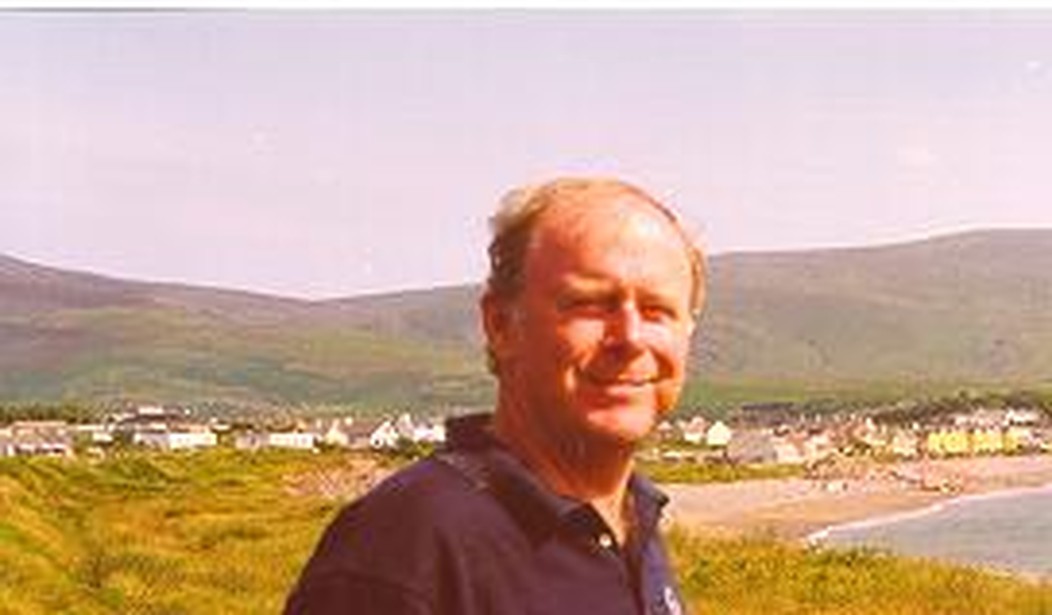

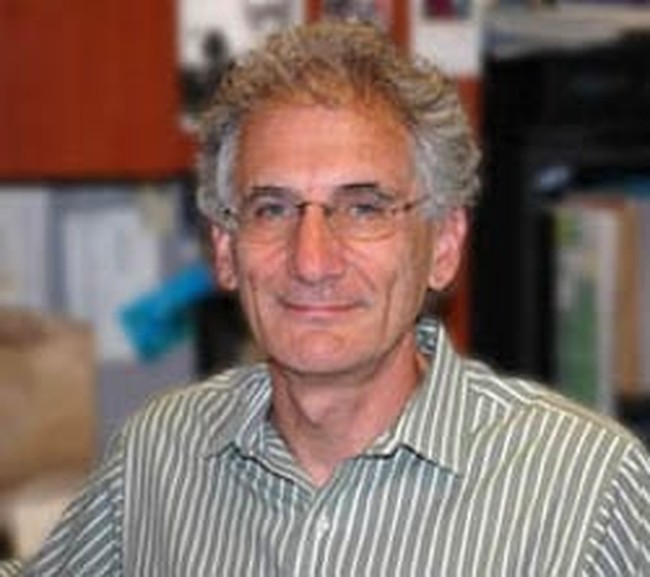
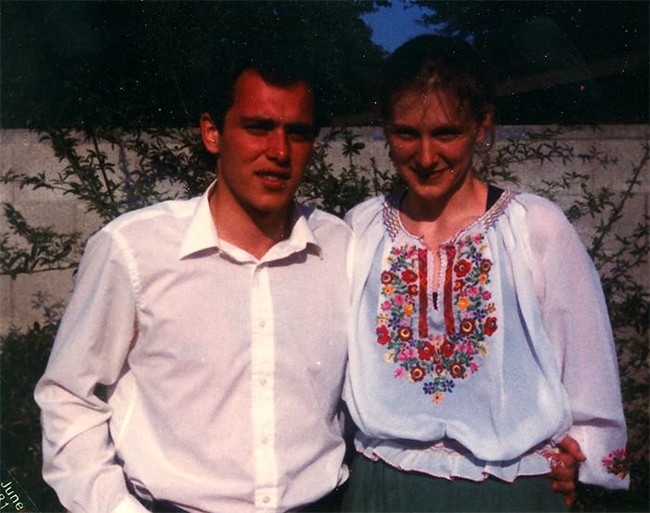


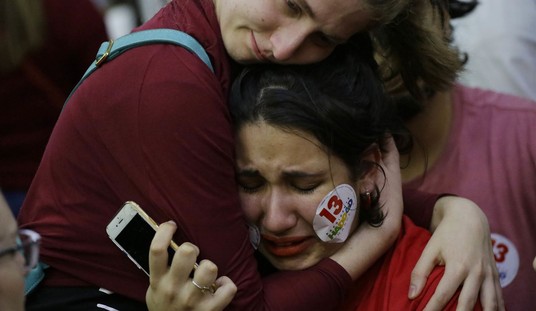

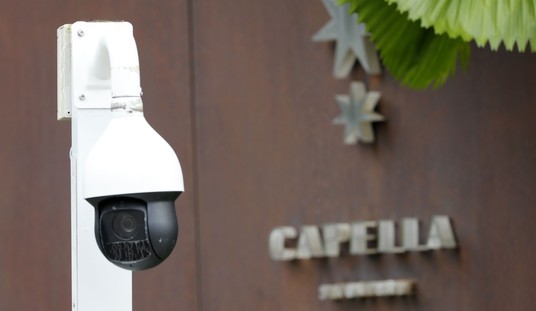

Join the conversation as a VIP Member